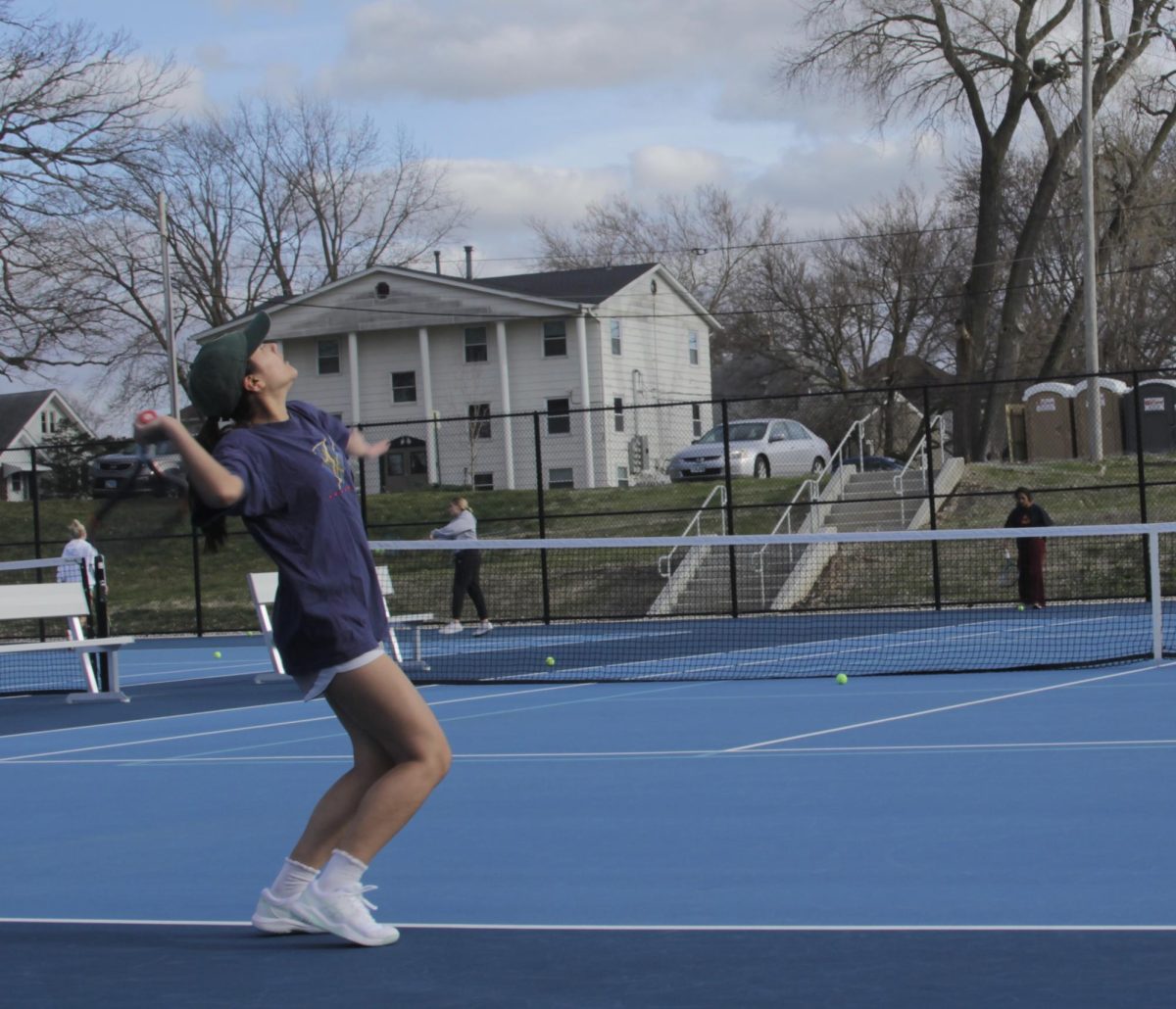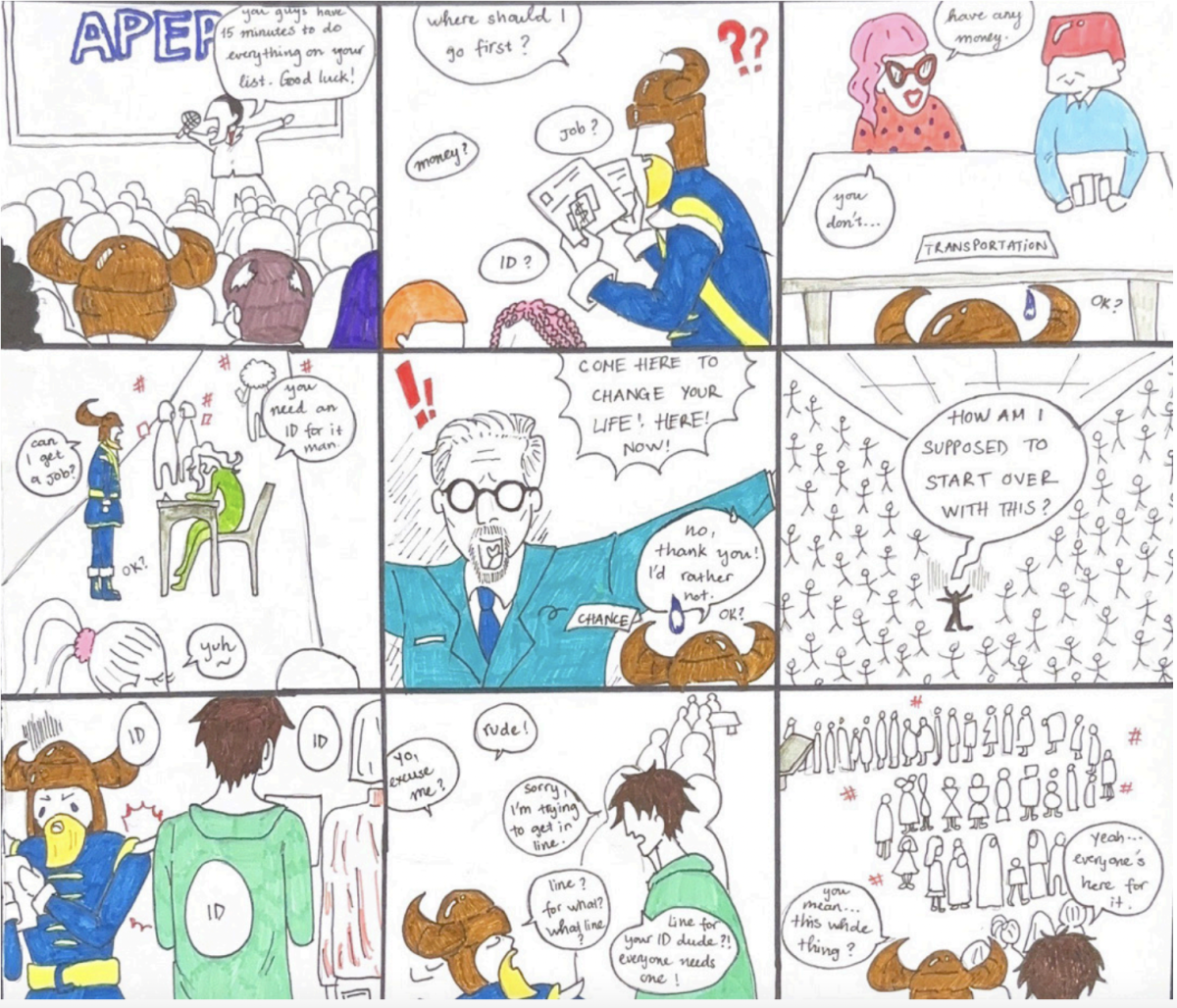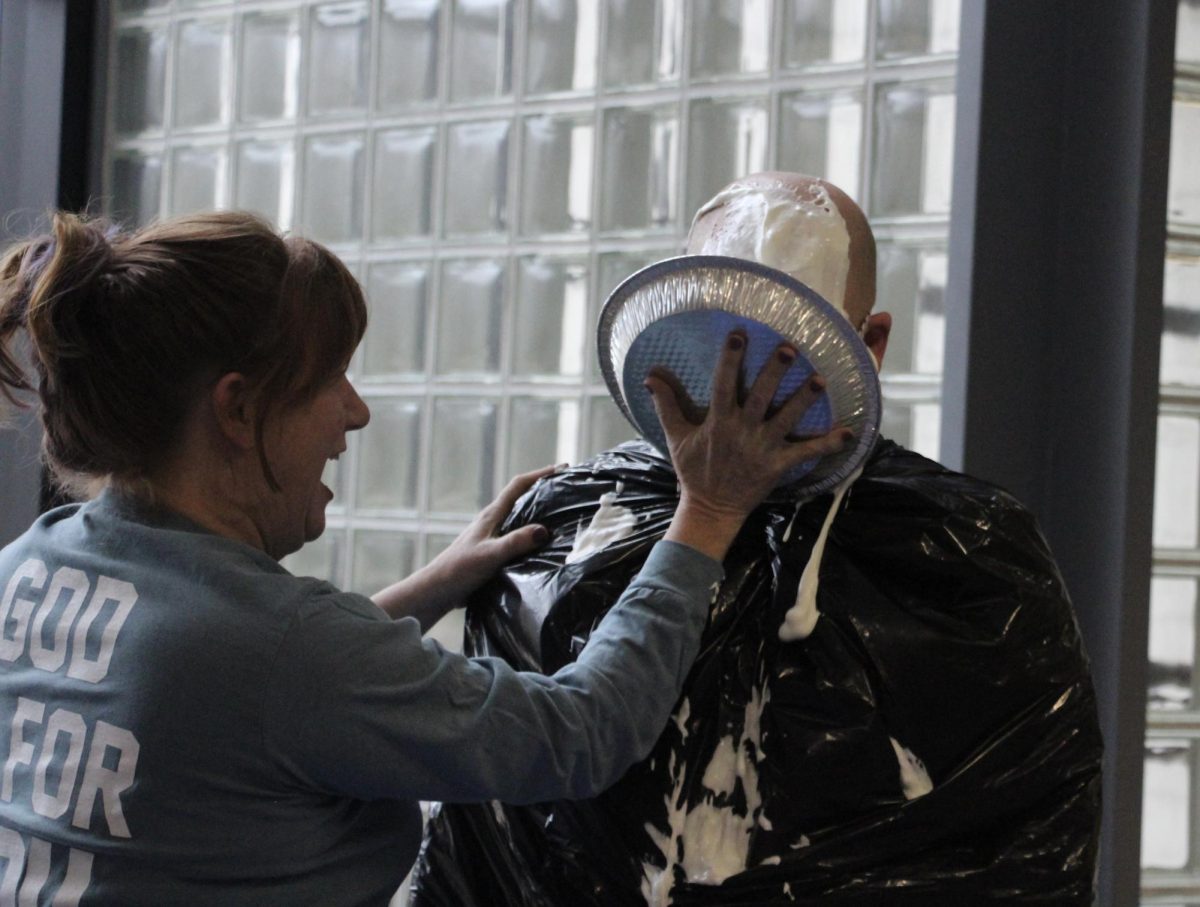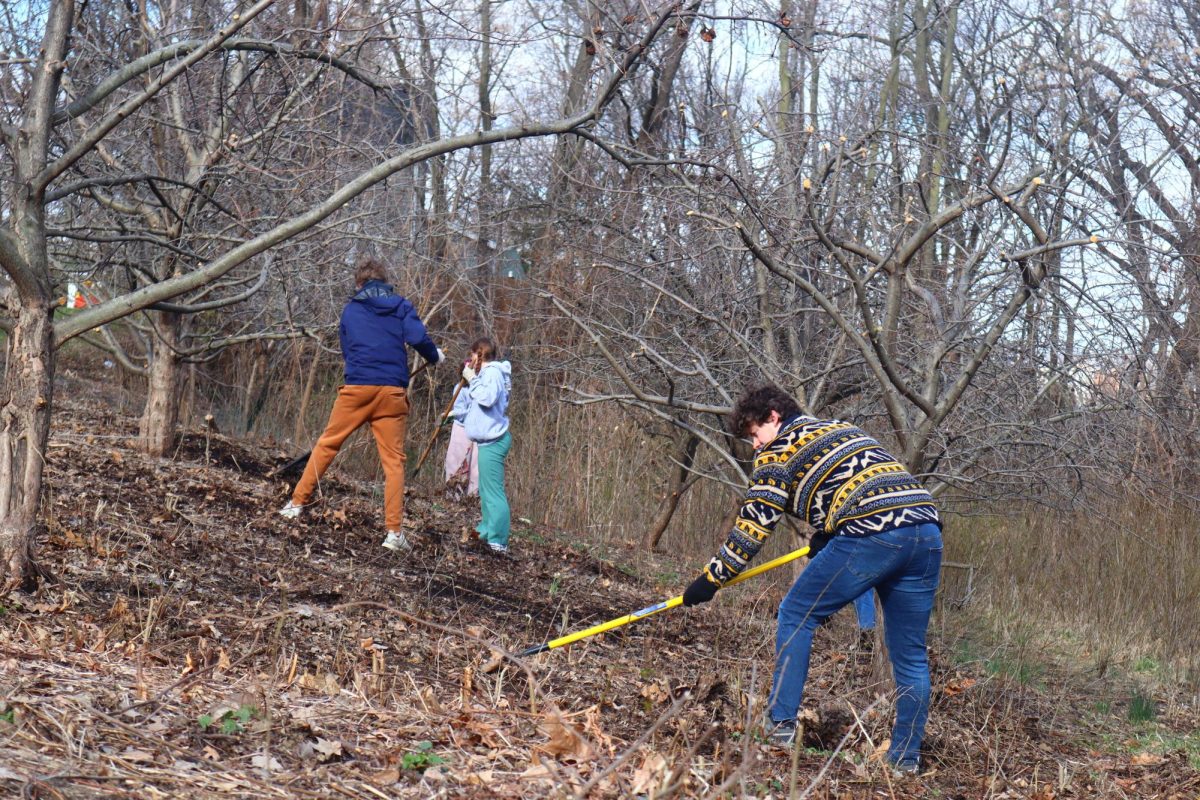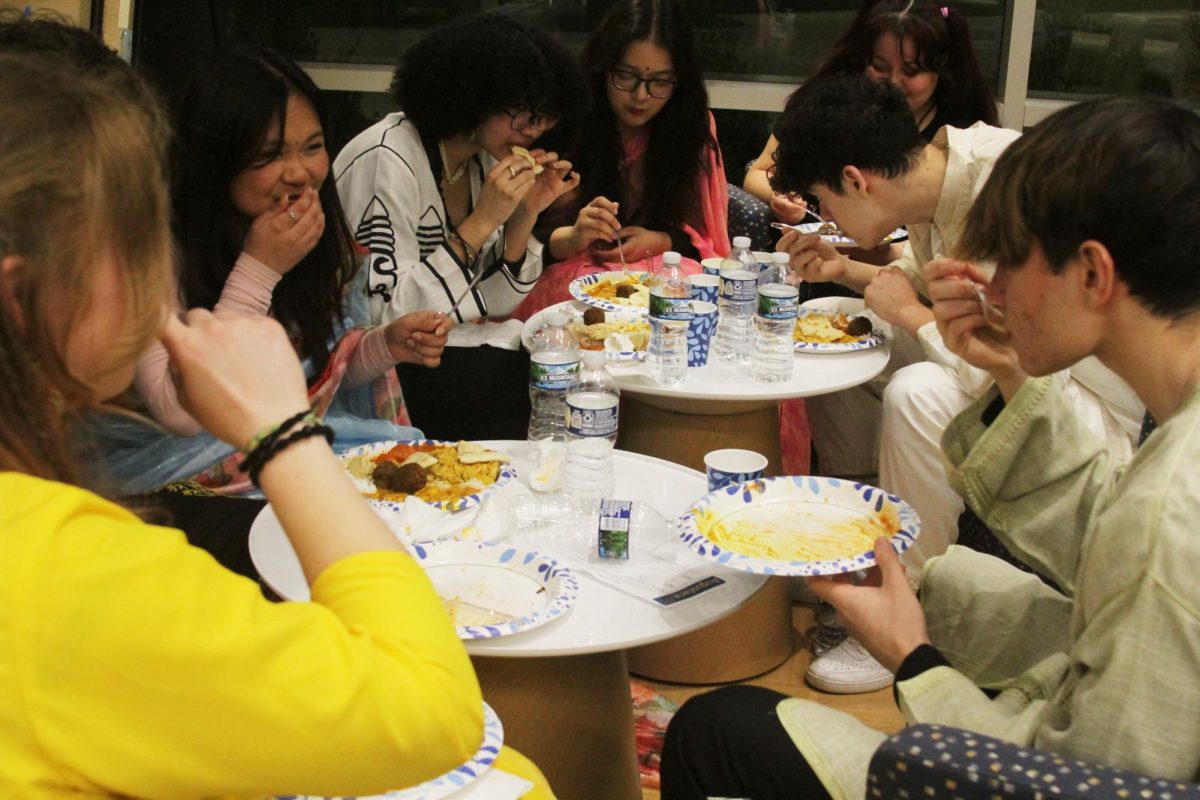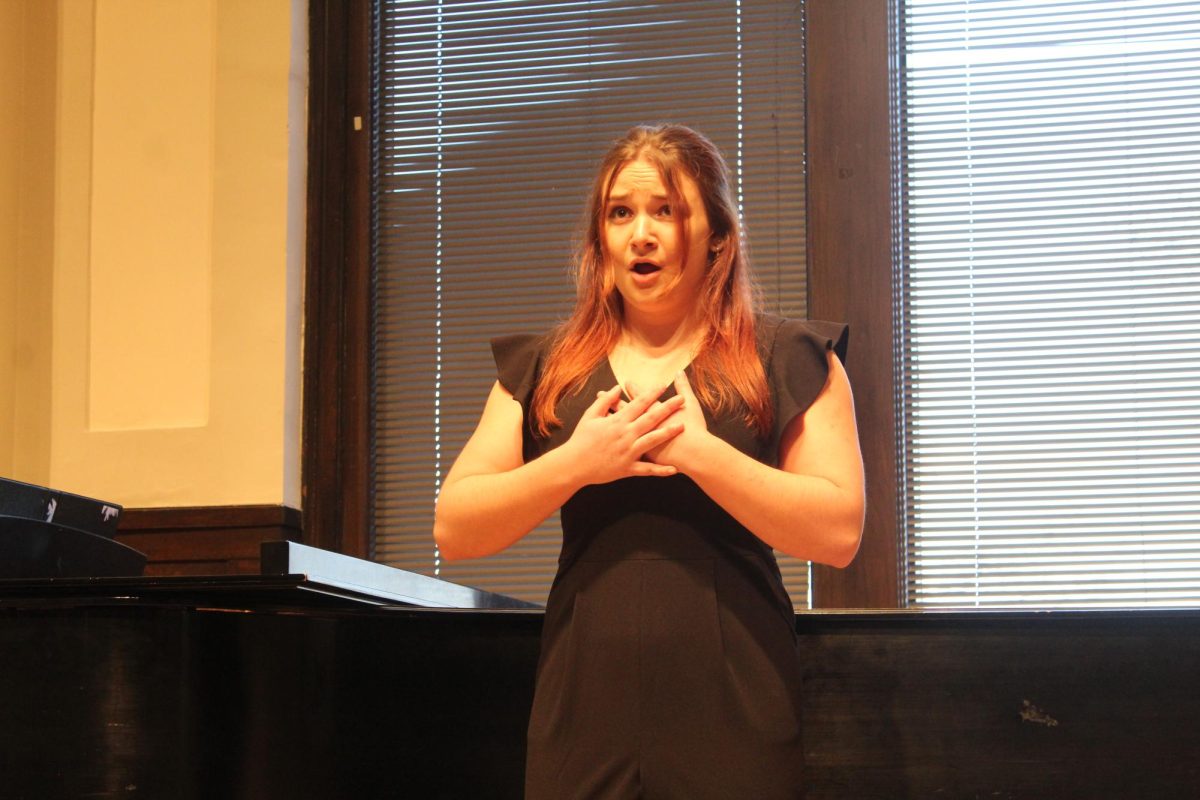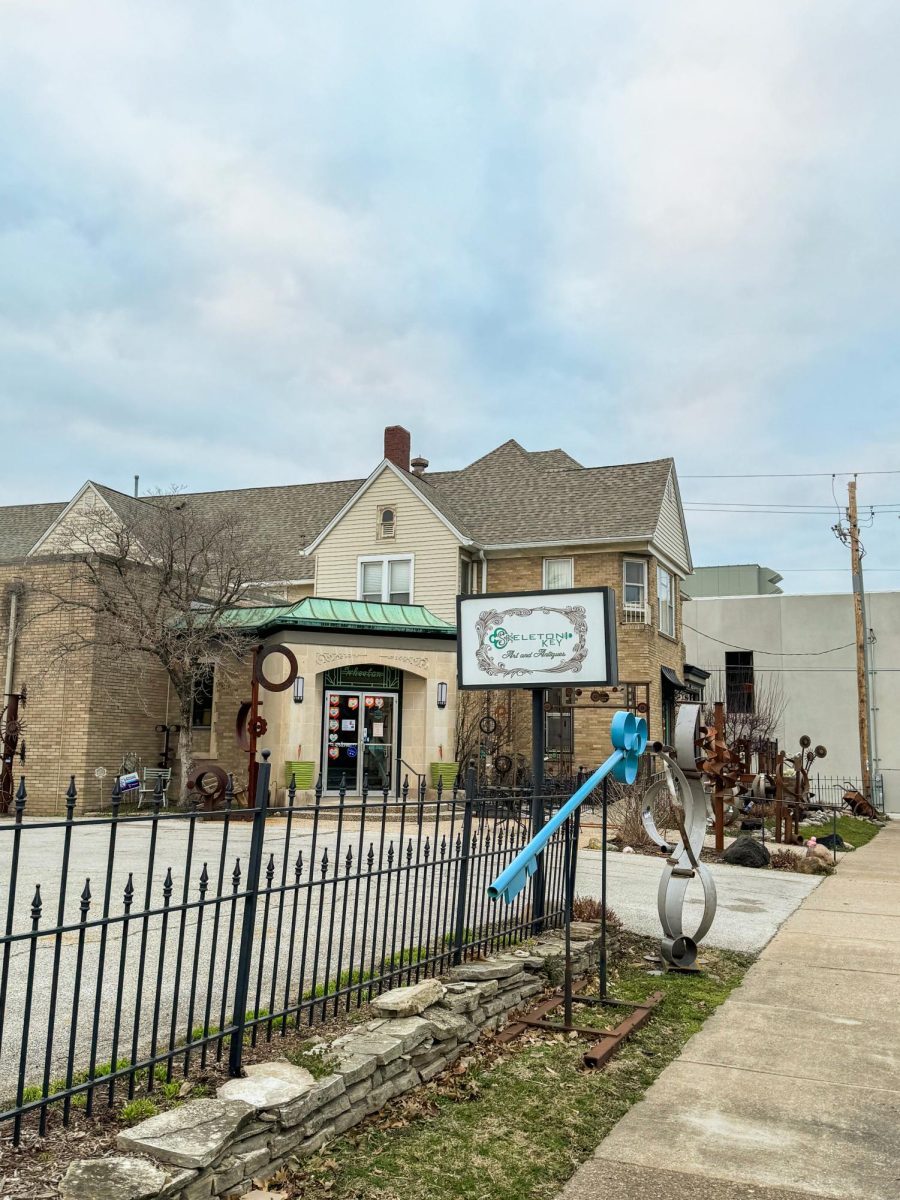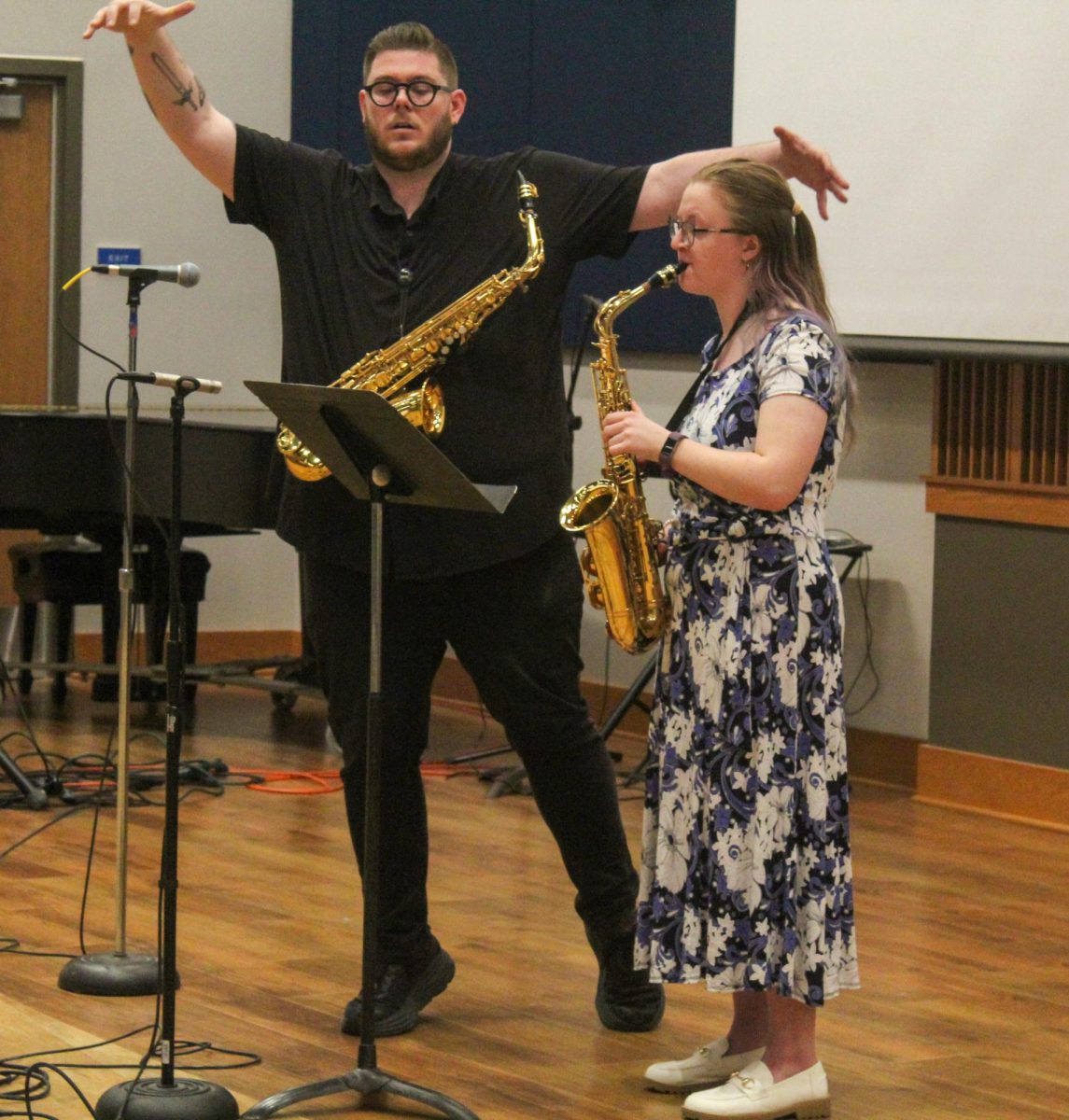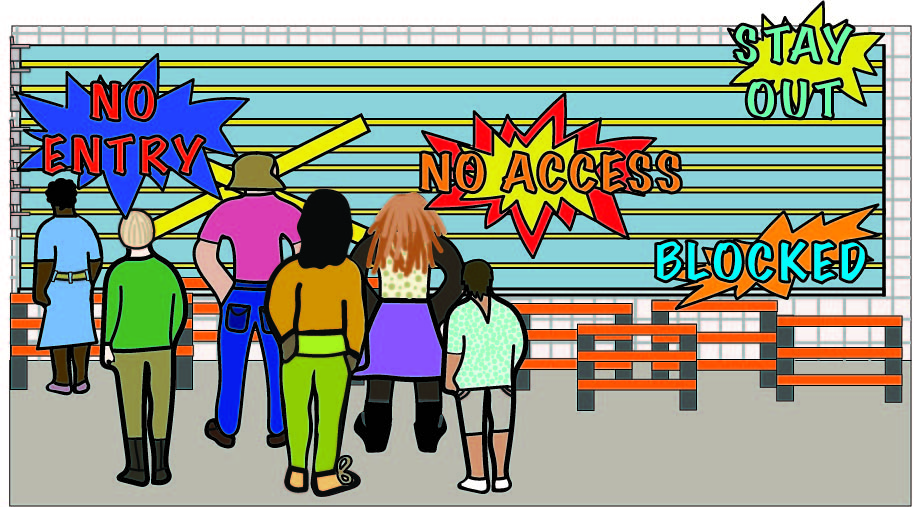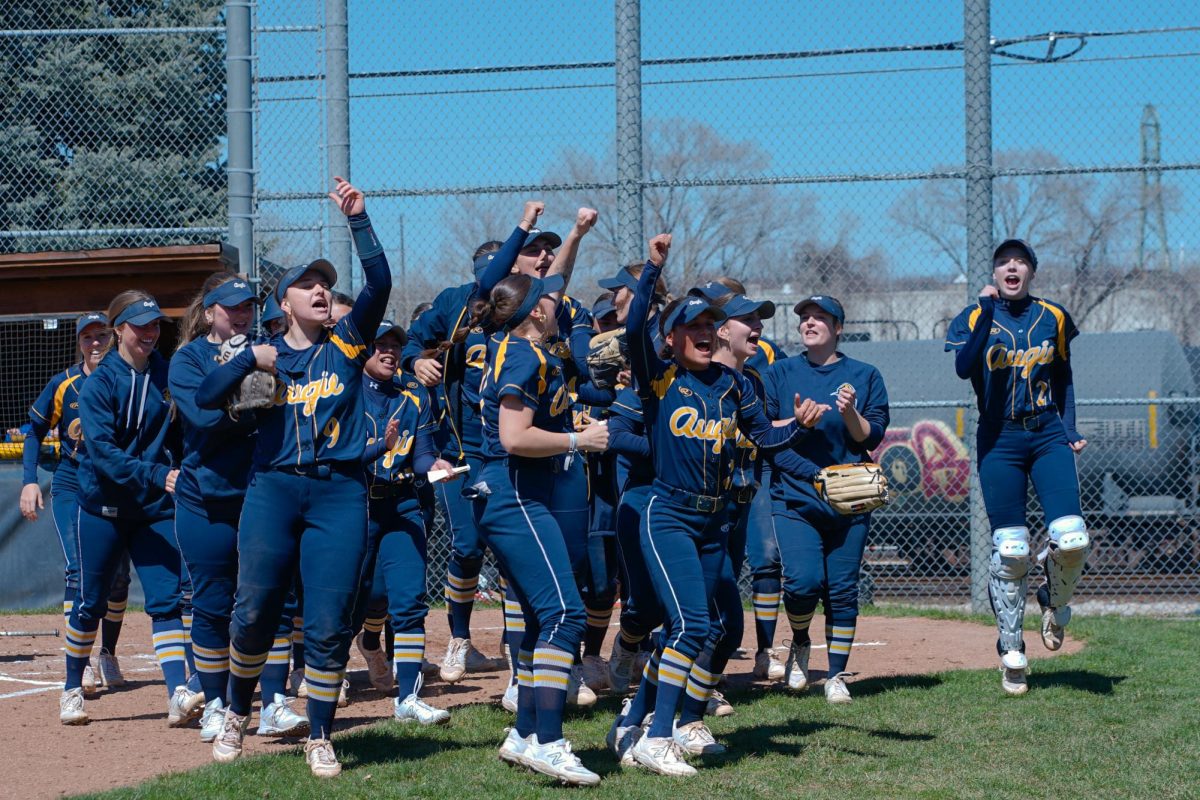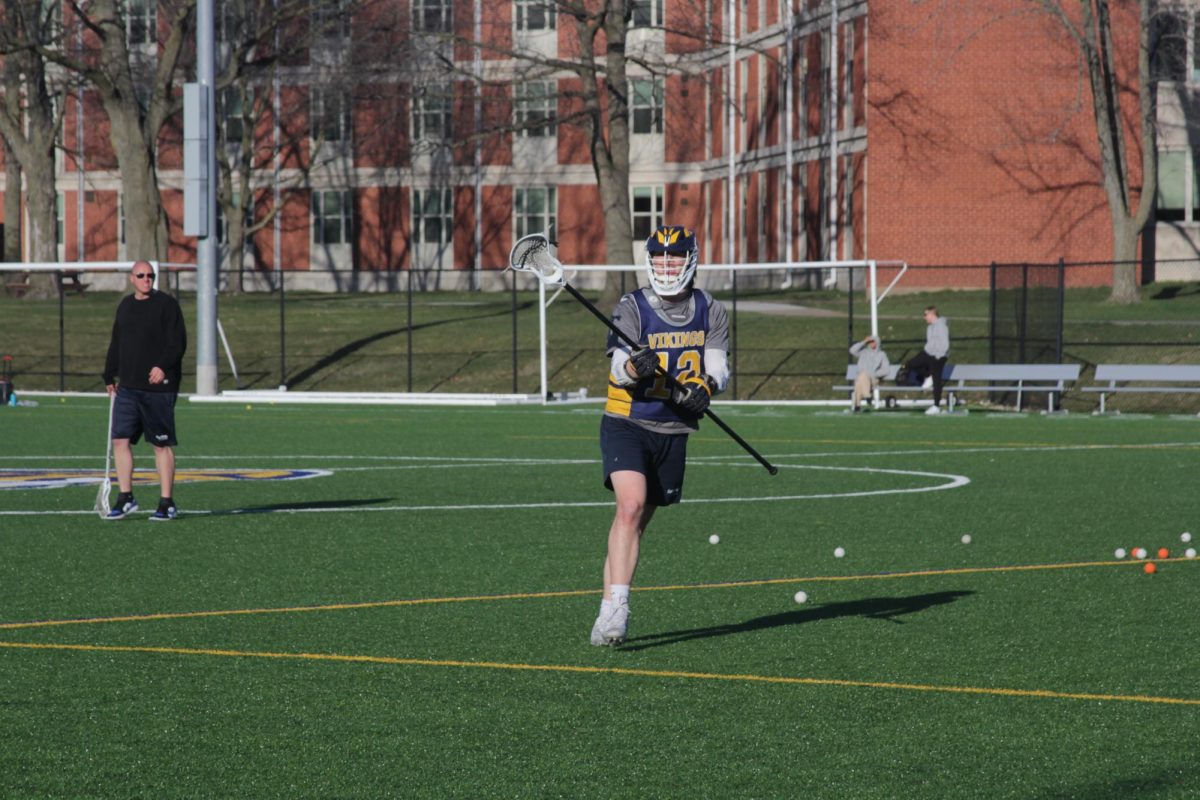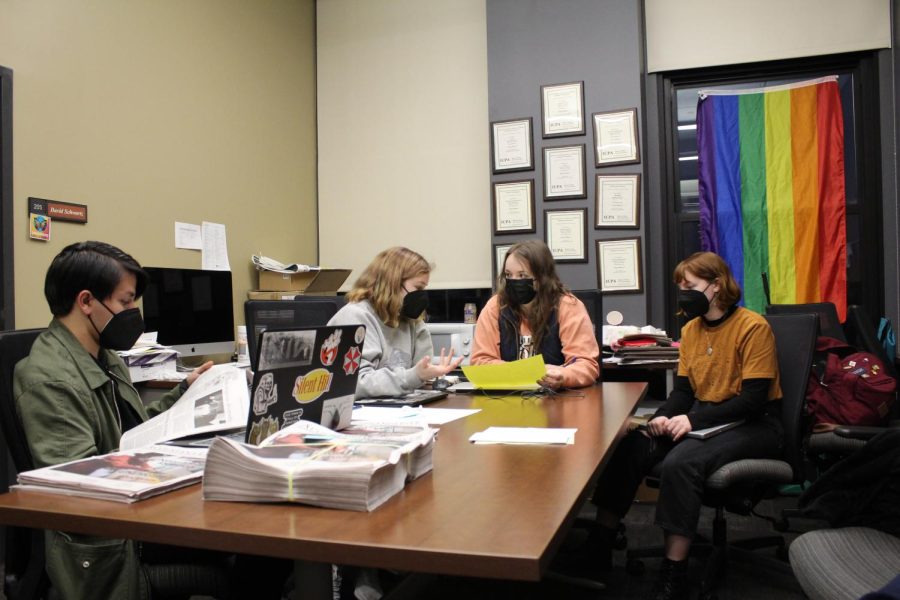When Augustana Dean of Students Evelyn Campbell and Provost Pareena Lawrence announced that they would be limiting political sidewalk chalk to a closed area between Olin Center and Hanson Hall that they dubbed the “free expression zone”, I knew what would be coming next: accusations from some students that their First Amendment rights had been violated.
Sure enough, these accusations flew—in conversation, on social media, and even on local TV news: WHBF Channel 4’s report on the new measure featured an interview with one Augustana freshman, who believed that the cordoned off zone was a limitation to her First Amendment right to free speech.
To these students: have you ever read the First Amendment? It’s super short—so short that you can fit it inside two tweets (and just one tweet if you use emojis in place of some words, like the turd emoji in place of Congress). To save you a trip to Wikipedia, here it is (and yes, it really is this short):
“Congress shall make no law respecting an establishment of religion, or prohibiting the free exercise thereof; or abridging the freedom of speech, or of the press; or the right of the people peaceably to assemble, and to petition the government for a redress of grievances.”
The key word here is “Congress”. What this means is that the First Amendment only protects your ideas and speech from suppression by your government, not your private college. In other words, just as you are free to say just about anything you want without fear of government reprisal, so too is Augustana (a private college) free to limit chalking on its campus (private property).
Sadly, it comes with no surprise that many students misunderstand their First Amendment rights. A 2014 poll conducted by The Huffington Post and YouGov, an international market research firm, found that more than four in ten Americans think that the First Amendment prohibits employers from firing their employees for what they say. (It doesn’t.) More than three in ten Americans, according to the poll, think it prohibits television networks from suspending television personalities for expressing politically-incorrect views. (It doesn’t.)
Another false accusation made about the free expression zone: it was created to suppress chalk that supports Donald Trump. This claim crumbles upon closer inspection: I can recall multiple occasions when pro-Trump chalk made its way to campus, and no free expression zone was marked. I see the policy as part reactionary (not to pro-Trump chalk, but to “feminism = cancer” chalk) and part precautionary (to prevent political speech—on both sides of the spectrum—from marking each and every square foot of sidewalk on campus, as we approach the election).
Let’s also realize that the administration’s decision has as much to do with aesthetics as it does student expression. When used in moderation, chalk can add to the look and feel of our already good-looking grounds. But there comes a tipping point at which chalk goes from quaint to queasy—it makes me kind of dizzy on my way to class when there’s so much chalk to take in.
Whether you believe Augustana made the right call or the wrong call by cordoning off political chalk to a closed area, the fact remains that the First Amendment has nothing to do with it. I am all for First Amendment rights. I am also all for understanding the First Amendment.
Whether you believe Augustana made the right call or the wrong call by cordoning off political chalk to a closed area, the fact remains that the First Amendment has nothing to do with it. I am all for First Amendment rights. I am also all for understanding the First Amendment.
